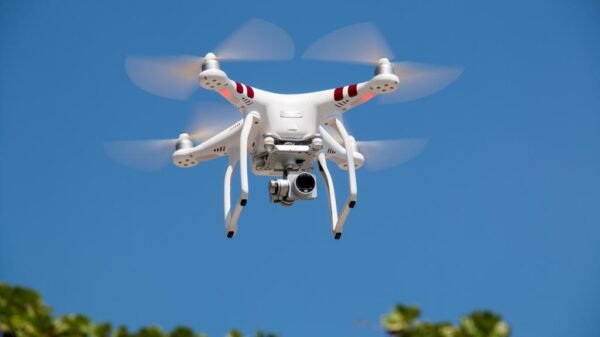In a highly contested presidential election, Bola Tinubu, the candidate of Nigeria’s ruling party, has emerged victorious, according to official results. The veteran politician secured 37% of the vote, beating his main rival Atiku Abubakar, who polled 29%, and Labour’s Peter Obi, who received 25%. Despite the opposition parties dismissing the poll as fraudulent and demanding a rerun, the electoral commission declared Tinubu as the winner.
Tinubu, a 70-year-old wealthy politician, based his campaign on his success in rebuilding Lagos, Nigeria’s biggest city, during his tenure as governor. He won most of the states in his home region of the south-west, where he is known as a “political godfather” for his ability to help others ascend to office. He campaigned under the slogan “Emi lo kan,” which means “It’s my turn” in Yoruba.
However, Tinubu was defeated in Lagos by Peter Obi, a relative newcomer who mobilized the support of young people, especially in urban areas, shaking up Nigeria’s two-party system. In his acceptance speech, Tinubu called for reconciliation among his fellow contestants, urging them to work together for the nation’s good.
The presidential election saw a low voter turnout of 27%, one of the lowest since the end of military rule in 1999. The introduction of electronic voting seems to have eliminated the ballot-stuffing that occurred in the past, presenting a more accurate picture of the voting population. However, issues on voting day, such as delays and intimidation, may have led to potential voters leaving polling stations without casting their ballots.
Tinubu now faces the challenge of resolving economic stagnation and growing insecurity in Nigeria, including an Islamist insurgency in the north-east, kidnapping for ransom, and separatist attacks in the south-east. President Muhammadu Buhari is stepping down after two terms in office, and Tinubu, as his successor, has the task of moving Nigeria forward.
For Tinubu, this win is the culmination of years of political struggle. After fighting military rule and being a founding member of Nigeria’s democracy in 1999, Tinubu will feel that he was destined to become president. His success in winning the primary and overcoming obstacles, such as his decision to choose another Muslim as his running mate, is a testament to his political savvy and determination.
As Nigeria’s most populous nation and biggest oil exporter, Tinubu’s presidency comes with great responsibility. He must address the challenges facing the country and work towards creating a better future for all Nigerians.
The election results have caused mixed reactions among the Nigerian populace, with some celebrating Tinubu’s victory while others are expressing their disappointment with the outcome.
Many Nigerians are concerned about the low voter turnout, as only 27% of registered voters cast their ballots in the election. Some are questioning the credibility of the election, with reports of irregularities such as ballot-box snatching and voter intimidation.
However, the newly introduced electronic voting system appears to have reduced the incidence of ballot-stuffing, which has been a problem in past elections.
Tinubu, one of Nigeria’s wealthiest politicians, campaigned on his record of rebuilding Lagos during his time as governor. He is known as a “political godfather” in his home region of the south-west, where he has helped to put other politicians into office.
In his acceptance speech, Tinubu called for reconciliation among his fellow contestants and promised to work towards building a united Nigeria. He acknowledged that there were lapses in the election but believed that they were relatively few in number and did not affect the outcome of the election.
Tinubu now faces the daunting task of addressing the country’s economic stagnation and growing insecurity, from an Islamist insurgency in the north-east to a nationwide crisis of kidnapping for ransom and separatist attacks in the south-east.
As Africa’s most populous nation and biggest oil exporter, Nigeria plays a critical role in the region’s stability and development. The world will be watching closely to see how Tinubu addresses these challenges and leads Nigeria into a more prosperous and peaceful future.
Source: Ghanaonline.net




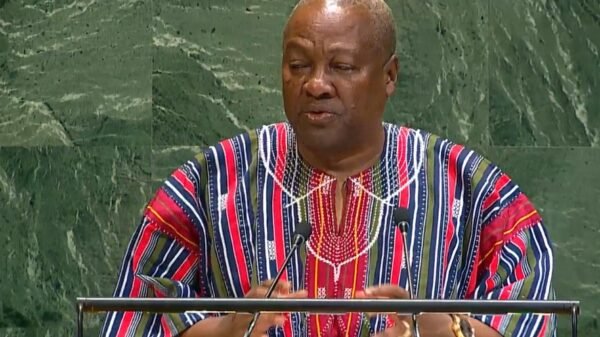
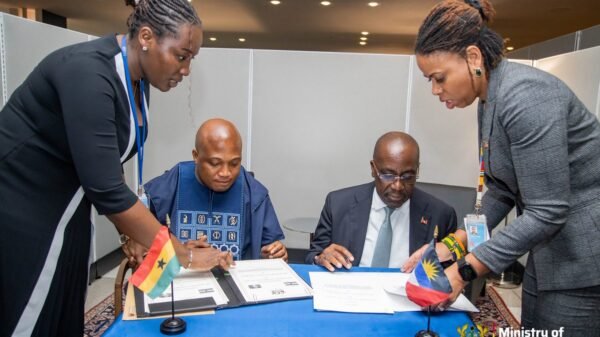
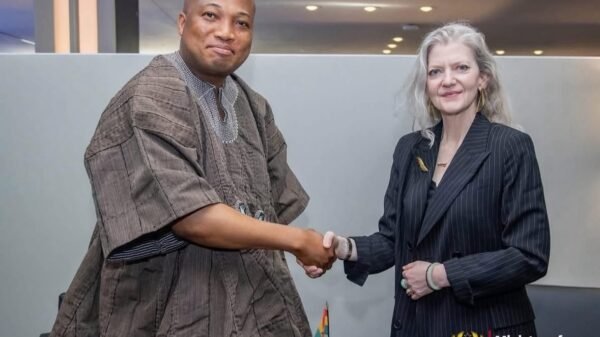

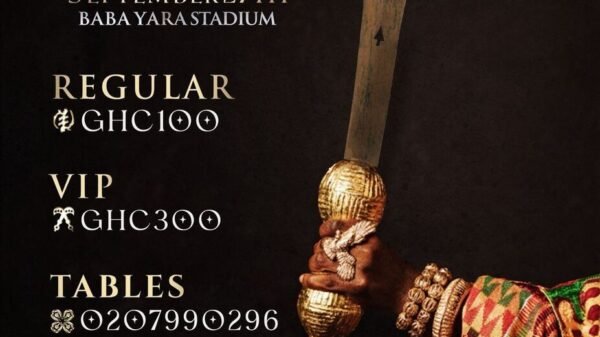






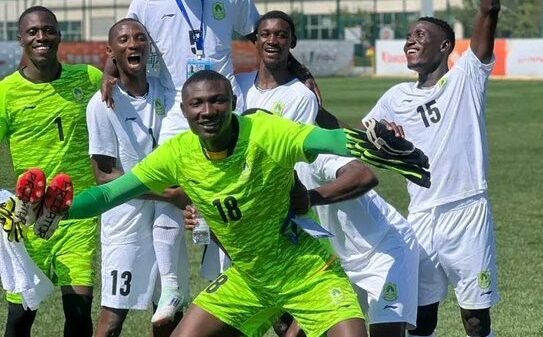
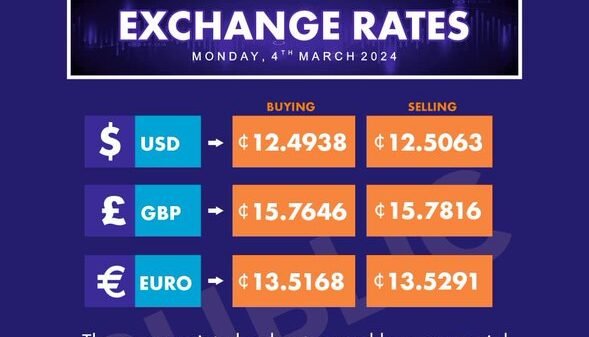
![Money Transfer Services operating in Ghana [Remittance Guide] Money Transfer Services operating in Ghana [Remittance Guide]](https://ghanaonline.net/wp-content/uploads/2023/10/omid-armin-8Nppe0yLmn8-unsplash-600x337.jpg)
